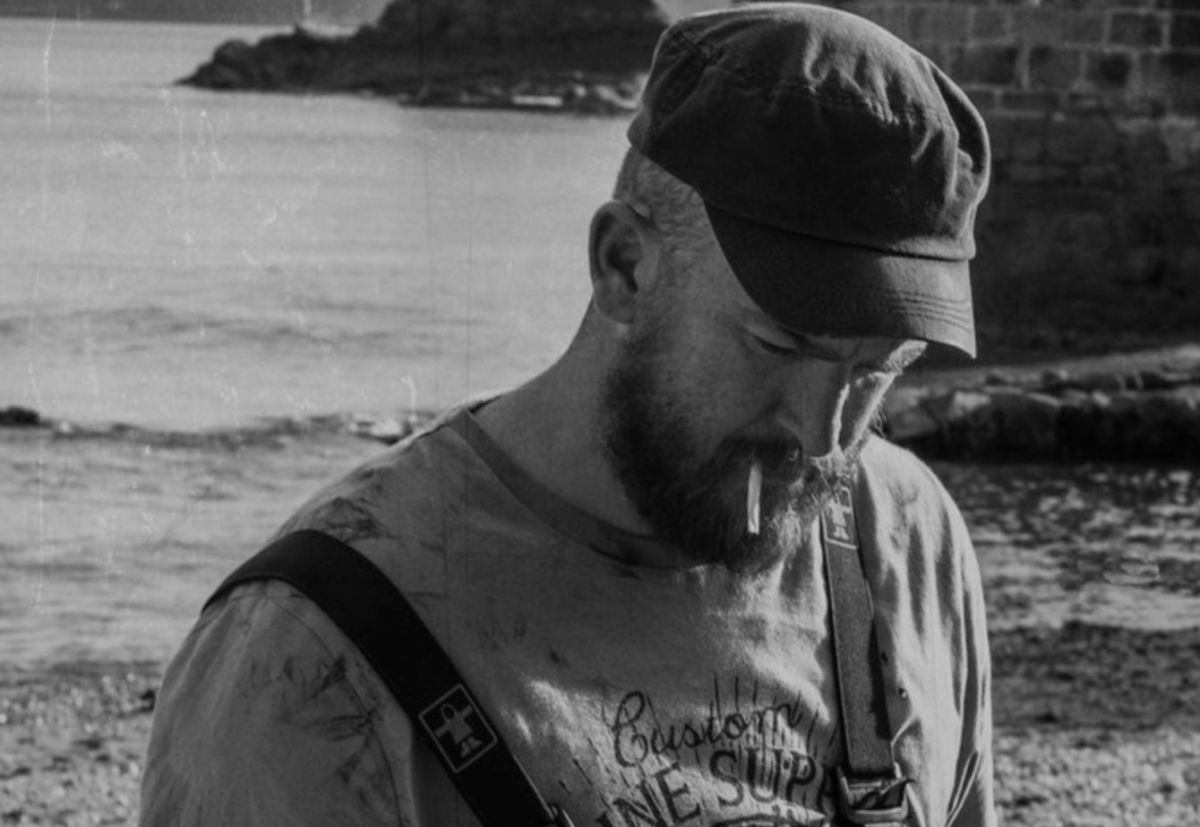Depicting the conflict between run-down locals and asset-rich tourists in a hardscrabble Cornish seaside village, Bait is a truly original political treatise. Perfectly matching its old-school form with a contemporary theme, it feels both timeless and timely, making for an invigorating watch. A future social realist classic, its marriage of regional concerns with universal ideals makes it one of the best British films to be released in recent years.
It takes place in a remote Cornish fishing village. When one tourist is asked how long the drive was, she complains it was a seven and a half hour drive. They come in droves every summer, quickly filling up country houses and local pubs. The difference between London folk and the Cornish people is immense. Bar-back Wenna (Chloe Endean) swears that she can’t understand what the posh girls are saying, their endless “ja’s” making them sound more German than British. It’s safe to say they don’t get on.
Martin Ward (Edward Rowe) refuses to adapt to this influx of tourists, getting up at morning light to catch local fish. He seems content doing the rounds. With a rolled-up cigarette constantly dangling out of his mouth, he schlepps from house to house, hanging fish in plastic bags from the door handles. But the money isn’t good. For one day’s work, he is paid £30 by the local pub. It’s not their fault; he only found four fish. What he really needs is a boat. Unluckily for him, his brother has repurposed the old trawler for high speed trips around the bay, serving ungrateful day-trippers and stag parties.
His main nemesis is the Leigh family. Driving into Cornwall in their big old Range Rover, they have bought the Rowe’s family home and turned it into a tourist cottage, ironically titled “The Skipper’s House.” They’ve modernised the house and filled it with chains and ropes, falsely evoking an “authentic” harbour feel (the ever-droll Martin calls it a “sex dungeon”). Appropriation need not be a question of race, Bait showing how middle class whites can fetishise the lower class without giving them anything back. Their conflict develops in unexpected ways, Jenkin’s nuanced analysis refusing simplistic answers in favour of sparking nuanced discourse.
It’s so well-made you can almost smell the oysters. The grainy black-and-white 16mm film stock, hand-processed by Mark Jenkin himself, gives the film an authentic feel, bringing to life sea foam, fishermen boots and lobster shells. The film stretches, scratches, crackles and glitters, as if its simply been discovered lying in an disused warehouse. The use of montage is inspired, Jenkin (who cut the film himself) juxtaposing contrasting elements to help stress his nuanced analysis of class.
With fishing a key flashpoint in the never-ending Brexit debate — it’s even referred to at one point on the local radio — Mark Jenkin’s film suggests that the problem lies at home and not with the EU. Cornwall remains the poorest region in the UK by some way, reliant upon both the tourist and fishing industry in order to survive. In this respect, the film has a clear didactic purpose. Thankfully, by injecting his film with a much-needed dosage of aesthetic innovation, Bait makes you swoon while you think. A brilliant debut feature.
Some of the coverage you find on Cultured Vultures contains affiliate links, which provide us with small commissions based on purchases made from visiting our site. We cover gaming news, movie reviews, wrestling and much more.



